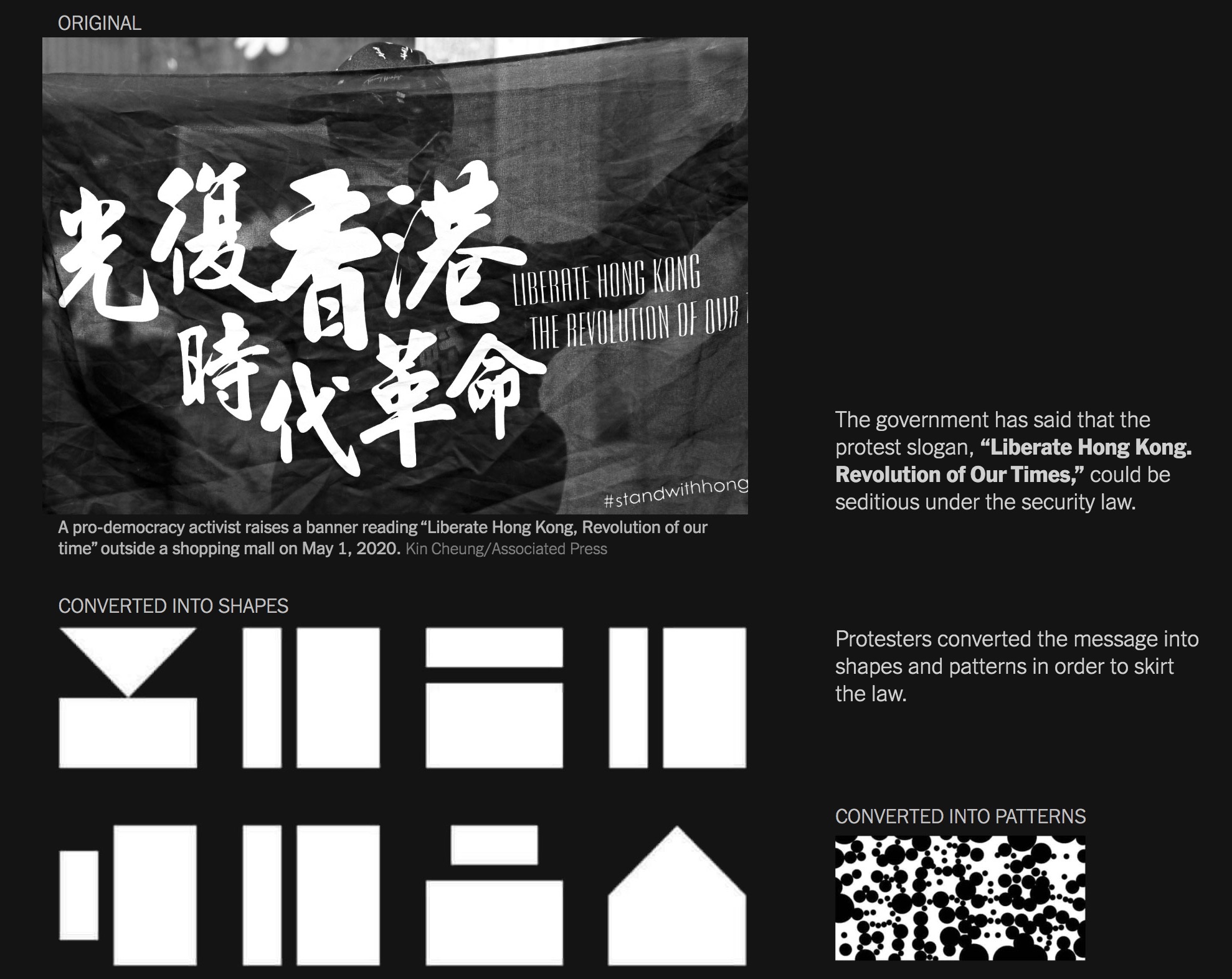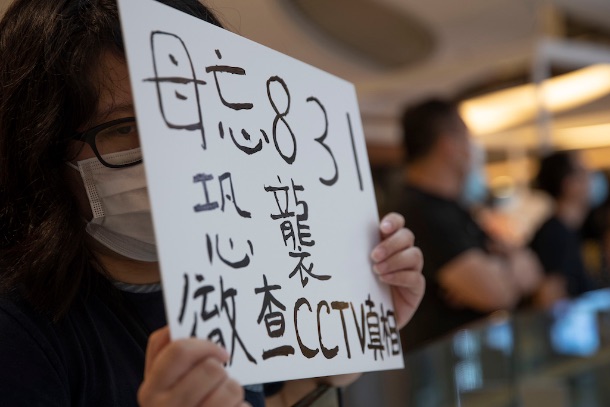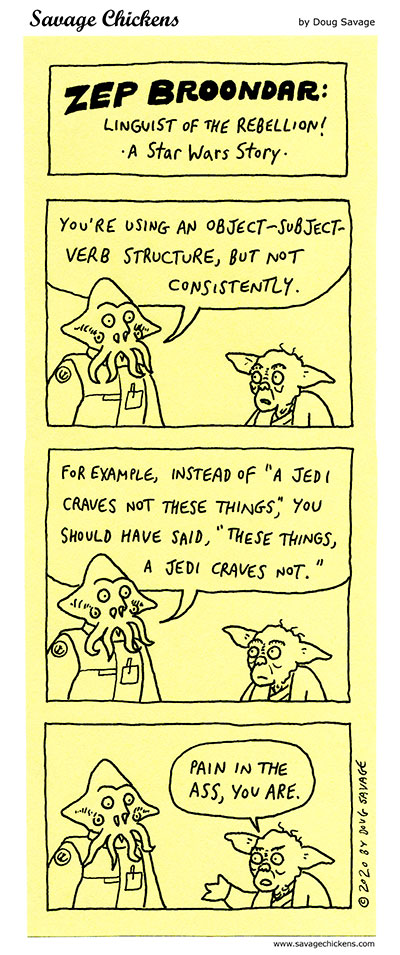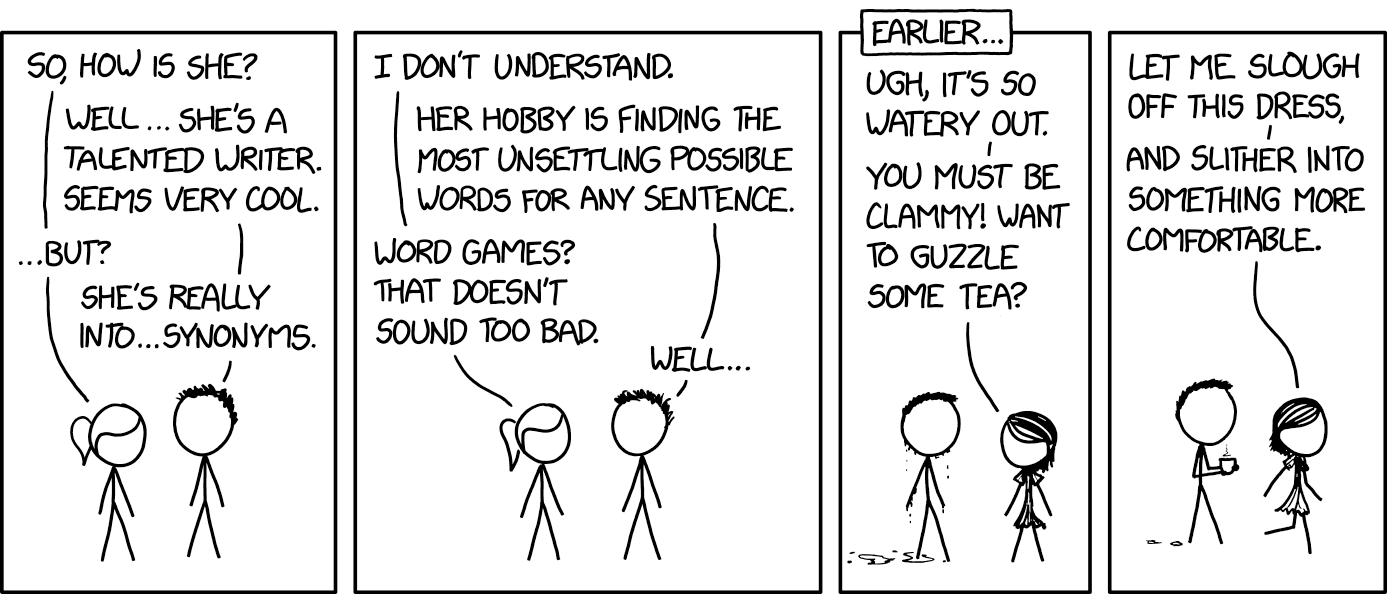I assigned this book to my class on the Silk Road:
The Silk Road: A Very Short Introduction, by James A. Millward (Oxford: Oxford University Press, 2013)
I noticed that it bore the following dedication, one of the most peculiar and eye-catching I've ever encountered:
For Herrgottsbescheisserle and all their cousins
It looked German, but not standard German. I could see "God's" at the beginning and "shitter" near the end. So I asked Jim Millward what it meant. He replied:
It's a dumpling–a friend told me about them: god-cheaters, since the meat is in the dumpling, God can't see it, so you can eat it on Fridays is the idea behind the name. I don't know German, but I verified the word with a bunch of sources, to my satisfaction. Looking now at it I do see "scheisse" as a root which even I recognize as "shit," so I hope I didn't commit a vulgarity, albeit in the descent obscurity of a learned language.
I can't help with the etymology, but the general "roughly translated as little god foolers" idea seems pretty common. You can check with a German speaker. My point was to dedicate the book to dumplings, since I'd had the whole manti discussion in the book–which you helped me with.
Read the rest of this entry »





